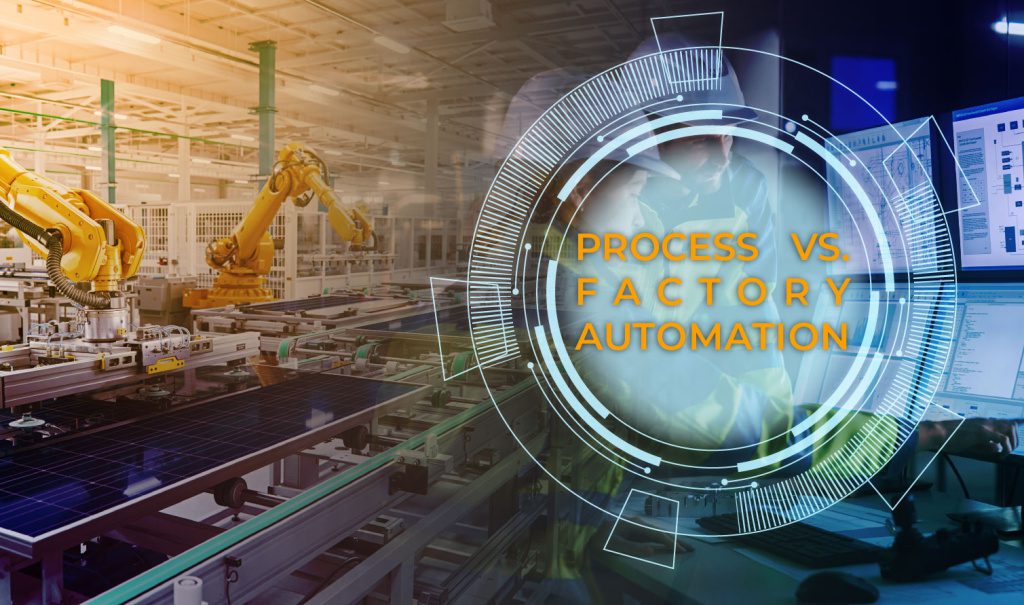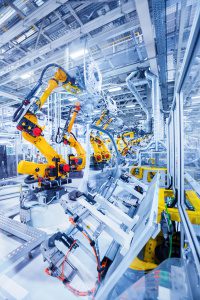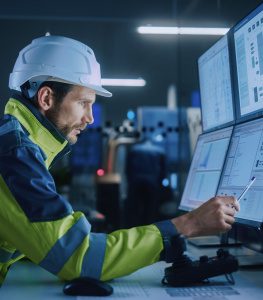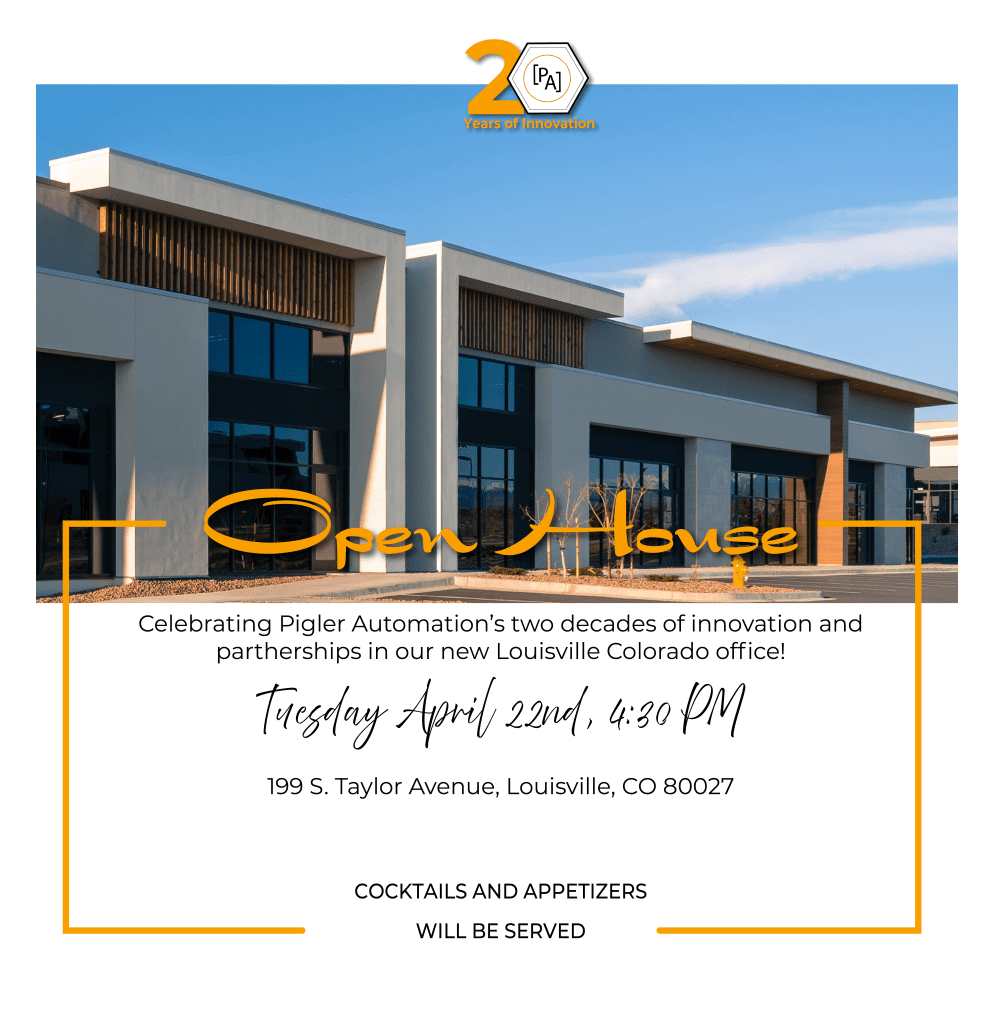Understanding How Industrial Automation Powers Manufacturing and Process Industries
Automation is Everywhere – But How Does It Work?
Automation is the backbone of modern industries, improving efficiency, speed, and precision. It makes almost everything around us possible—our smartphones, cars, and even the electricity that powers them.
Take your cell phone as an example:
- The materials were extracted and processed using automation.
- The phone was assembled in a factory using robotic systems (factory automation).
- The electricity it runs on was produced and distributed using automation (process automation).

When it comes to industrial automation, there are two main categories:
- Factory Automation – Used in manufacturing and assembling products like cars and electronics.
- Process Automation – Used in continuous operations like energy production and chemical processing.
Understanding the differences between these two automation types is essential for those exploring engineering, manufacturing, and industrial technology careers.
Factory Automation: High-Speed Precision in Manufacturing
Factory automation drives discrete manufacturing, where individual products are assembled in high-speed production lines.
Where Is Factory Automation Used?
- Automotive Manufacturing – Robotics assemble vehicle components.
- Electronics Production – Automated systems place microchips and solder circuits.
- Consumer Goods & Packaging – Conveyor belts and robotic arms handle assembly and packaging.
How Does Factory Automation Work?
- Uses robotics, conveyor systems, and PLCs (Programmable Logic Controllers).
- Optimizes high-speed, repetitive tasks for efficiency and consistency.
- Produces individual units or assembled products such as smartphones, appliances, and vehicles.
Example: The Chevrolet Corvette factory in Bowling Green, Kentucky, uses about 50 robots for tasks like painting and welding. Each robot is programmed to repeat specific functions, ensuring precise and efficient production.
Process Automation: Keeping Critical Industries Running
Process automation ensures smooth operation in industries that rely on continuous or batch production, such as oil & gas, pharmaceuticals, and food processing.
Where Is Process Automation Used?
- Energy & Utilities – Automates power generation and distribution.
- Pharmaceuticals – Regulates drug formulation and sterile environments.
- Chemical Processing – Controls mixing, temperature, and pressure in chemical production.
How Does Process Automation Work?
- Uses DCS (Distributed Control Systems), SCADA (Supervisory Control and Data Acquisition), and PLCs.
- Automates temperature, pressure, and flow control to ensure consistent quality.
- Minimizes human intervention by using real-time monitoring and adjustments.
Example: In industrial gas plants, automated pressure control systems continuously monitor tank levels. If pressure moves out of range, the system automatically adjusts valves or pumps to restore balance—without human intervention.
- Factory Automation
- Process Automation
Primary Focus: Assembling discrete products
Industry Examples: Automotive, electronics, consumer goods
Control Systems: PLCs, robotic arms, conveyors
Key Technologies: Mechatronics, robotics
Nature of Work: Repetitive, high-speed tasks

Primary Focus: Managing continuous processes
Industry Examples: Oil& gas, pharmaceuticals, chemicals
Control Systems: DCS, SCADA, PLCs, sensors
Key Technologies: Sensors, valves, control algorithm
Nature of Work: Complex, real-time process monitoring

Careers in Automation: Which Path is Right for You?
Automation is a fast-growing field with exciting career opportunities in both factory and process automation.
Factory Automation Careers: Designing the Future of Manufacturing
- Robotics Engineer – Develops and programs robotic systems.
- Controls Engineer – Designs automated machinery and assembly processes.
- PLC Programmer – Writes automation software for production lines.
- Industrial Maintenance Technician – Troubleshoots and repairs factory systems.
Process Automation Careers: Keeping the World Running
- Process Control Engineer – Ensures stability in industrial production.
- SCADA Engineer – Develops remote monitoring and control systems.
- Automation Consultant – Advises businesses on automation solutions.
- Instrumentation Engineer – Works with sensors and control devices.
Final Thoughts: The Future of Industrial Automation
Understanding factory vs. process automation is key for anyone looking to enter the fast-evolving world of automation.
At Pigler Automation, we specialize in factory and process automation. We help industries optimize performance with custom automation solutions.
Interested in a career in automation? Check out our open opportunities.


